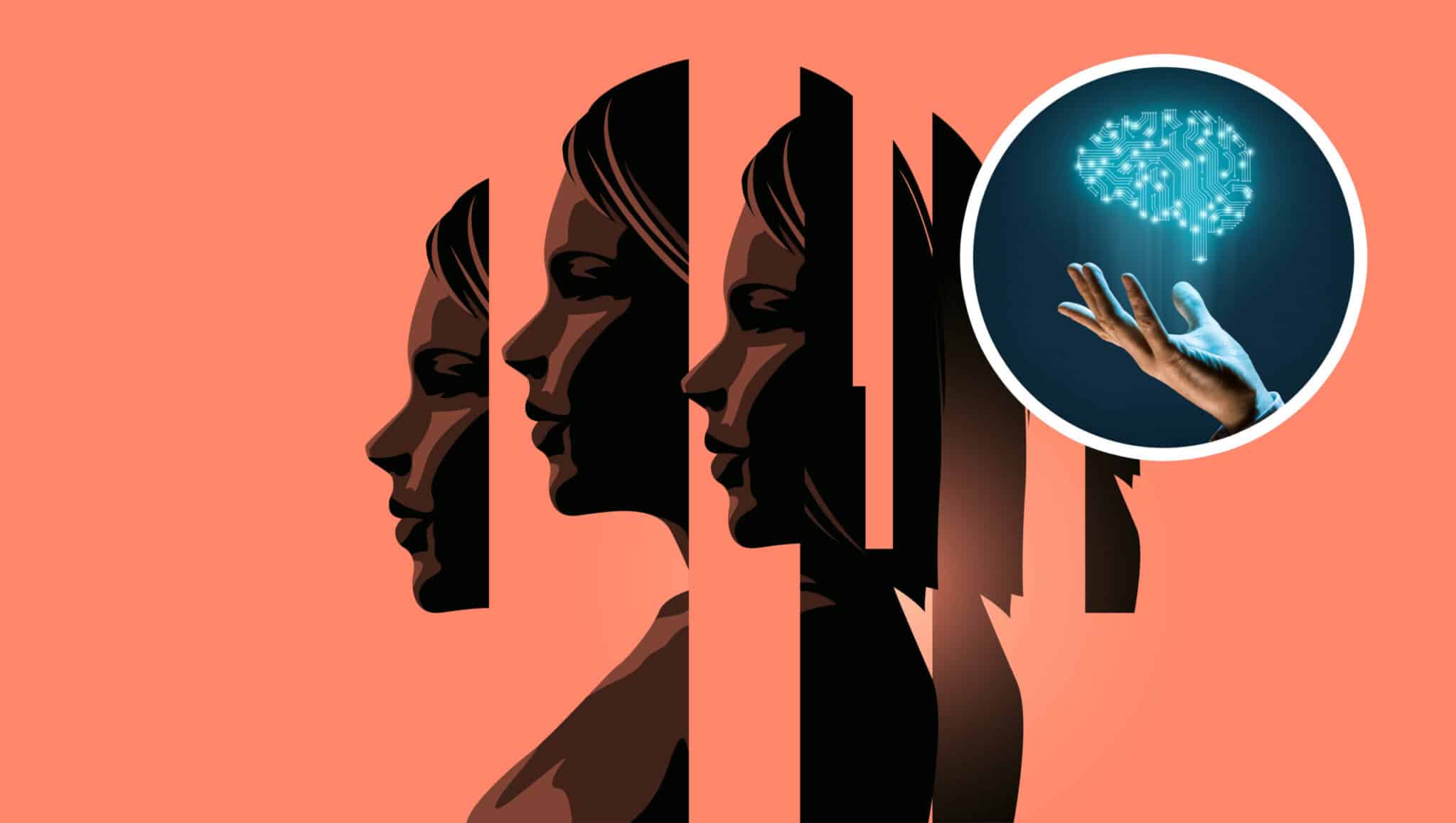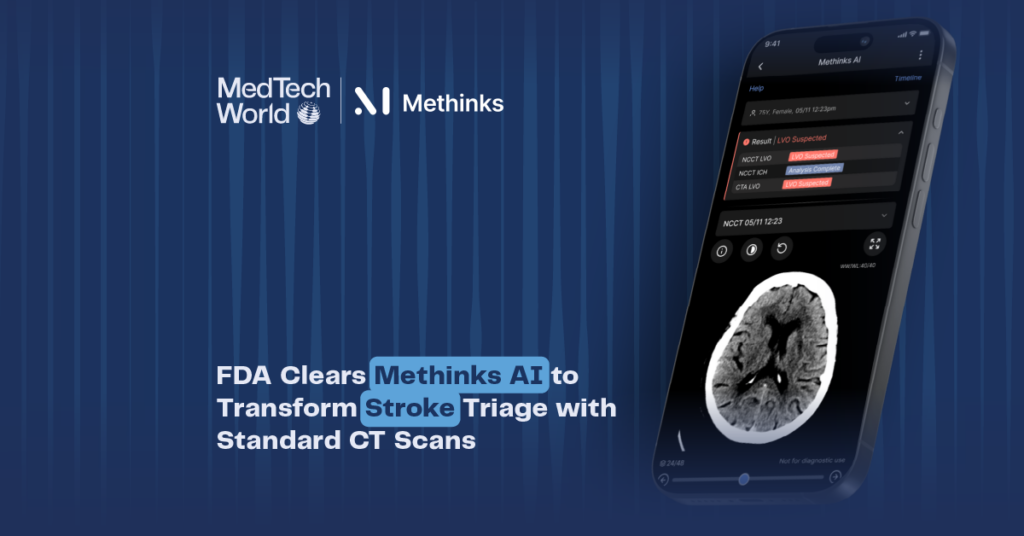
Michael Joe Cini
2nd December 2021
Thymia: Using Video-Game Inspired AI and Neuropsychology to Diagnose Depression
One of the main difficulties that comes with combating mental illnesses is the sheer challenge of diagnosing the illness to begin with. Two scientists based in London are seeking to change that.
Most diagnostic procedures have remained unchanged since the 1960’s, mainly relying on extremely subjective questionnaires that can rarely accurately diagnose mental illnesses as subtle but dangerous as depression. Mental illnesses such as depression take a massive toll on the wellbeing of society both in terms of lifestyle degradation as well as through lost productivity. The COVID-19 epidemic has only aggravated the issue with the rate of adults reporting depressive symptoms doubling in the UK due to the increase in feelings of isolation, job loss, income insecurity and bereavement amongst other pandemic related causes.
Thymia, a system that utilizes a combination of AI, neuropsychology, linguistics and machine learning, seeks to finally do away with the inherent subjectivity of depression diagnoses by letting patients undergo video-game inspired assessments that monitor for depressive symptoms whilst also registering if said patient is responding well to treatment. In a joint project between Dr Emila Molimpakis and Dr Stefano Goria, Thymia’s software conducts its analysis through three main information pathways:
- Voice: Thymia analyses both what (language) and how (intonation) patients speak to identify depressive symptoms.
- Video: The software analyses the face to seek out micro-expressions or eye cues that may be used to register mood.
- Behavioural measures: a broad spectrum of idiosyncrasies such as reaction times and memory to monitor for the severity of the depression.
The software has succeeded in raising 1.1 million dollars and has partnered with UCL and King’s College London amongst other research organizations to conduct large-scale trials to fine-tune the software and roll out the platform for patients across the UK. It will also allow doctors to remotely monitor their patients and collect useful data over time
Dr Emilia Molimpakis’ drive to combat depression comes from a deeply personal experience with the illness as the idea for Thymia was born when “a close friend of mine tried to take her own life. Her friends and doctors missed the signs that she was so seriously unwell, not least because the process of accessing the right treatment was based on out-dated methodologies not fit for the complexities and nuances of an illness like depression.” On the topic of contemporary methods of diagnosis, she elaborated that “rating how sad you feel on a scale of 0 to 3 simply is not enough to capture the subtle nuances of early signs of depression nor track the complexities of ongoing mental illness, but our clinicians have not been given a better option. This means too many cases go undiagnosed or are misdiagnosed, and too many patients wait years before the right treatment is found.”
“Thymia is bringing psychiatry into the 21st Century, with an AI-enabled platform for accurate and continuous patient monitoring. It’s the first objective psychiatric assessment system, combining multiple layers of rich physiological data to assess depression and distinguish between similarly presenting disorders. Our technology will empower clinicians to assess and treat depression sooner, whilst allowing patients to develop a deeper understanding of their own condition. In time our aim is to become the gold standard of assessment for all mental health disorders and show that mental illness is as real and objectively measurable as physical illness, thereby also helping eradicate the stigma associated with it.”
On a final note, Thymia is also in the process of branching out solely from its original singular focus on depression and the technology is also being tested for efficacy in diagnosing other mental illnesses such as Alzheimer’s Disease, Dementia, Parkinson’s, ADHD, Autism and Anxiety.
Story sourced from Med-Tech Innovation News.




